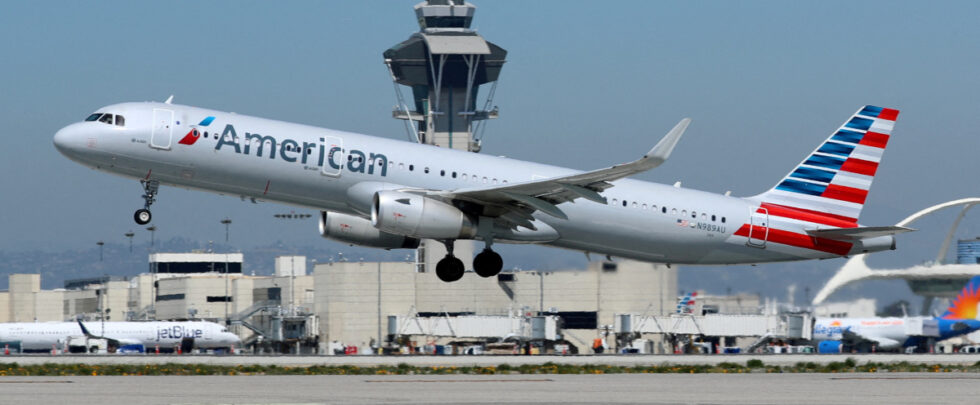Details of the Job Cuts
The job cuts, amounting to 5% of Airbus's global workforce, will primarily impact its space division, followed by its headquarters and air power departments. Globally, 1,128 jobs will be cut from the space division, 618 from the company's headquarters, 250 from the air power department, and 47 from its connected intelligence division. Geographically, the reductions include 689 positions in Germany, 540 in France, 477 in the UK, 303 in Spain, and 34 in other regions. Airbus has emphasised that the cuts are part of a strategy to reduce its fixed cost base and will not involve compulsory redundancies. The company clarified that "almost all of the positions affected do not relate to specific projects or programmes" and pledged to work with unions to minimise the impact. The loss of 477 jobs in the UK is a significant blow to the country's aerospace industry. Airbus is a major employer in the UK, with its wing manufacturing facility in Broughton and other operations supporting thousands of direct and indirect jobs. This announcement follows previous cuts in 2020, when the company reduced its UK workforce by 1,700 during the pandemic. At the time, the Unite union described the decision as "another act of industrial vandalism" against the UK aerospace sector.
Missed Opportunities and Withdrawal from Defence Contract
Airbus's challenges in the UK were compounded by its recent decision to withdraw from bidding on a £1 billion ($1.2 billion) Ministry of Defence contract to build a fleet of medium-sized H175M helicopters. The project, which could have created hundreds of jobs at Airbus's Broughton facility, was deemed commercially unviable after a company review. The contract was awarded to Italian firm Leonardo, which operates a factory in Yeovil, Somerset. This decision marked a missed opportunity for Airbus to expand its UK defence operations and highlighted the competitive pressures faced by the company in securing high-profile contracts.
Ongoing Restructuring
Airbus's latest job cuts reflect a continuation of its cost-cutting measures over recent years. During the pandemic in 2020, the company announced plans to reduce its global workforce by 15,000 roles due to a collapse in demand for air travel. While the aviation sector has shown signs of recovery, ongoing supply chain issues and rising costs have forced Airbus to maintain its focus on streamlining operations.
Unions representing Airbus workers have expressed concerns about the impact of these job cuts on employees and the broader aerospace industry. Industry experts have warned that repeated workforce reductions could weaken the UK's position as a leader in aerospace manufacturing and innovation.














